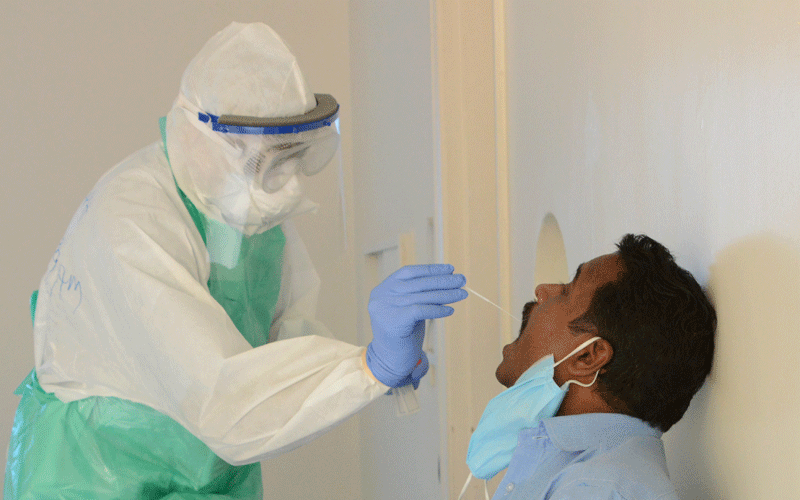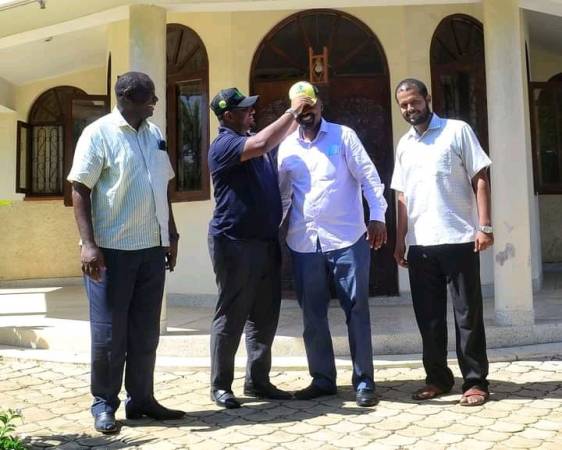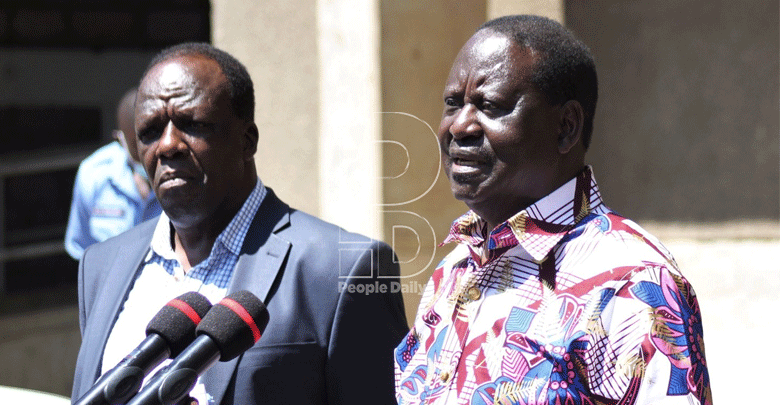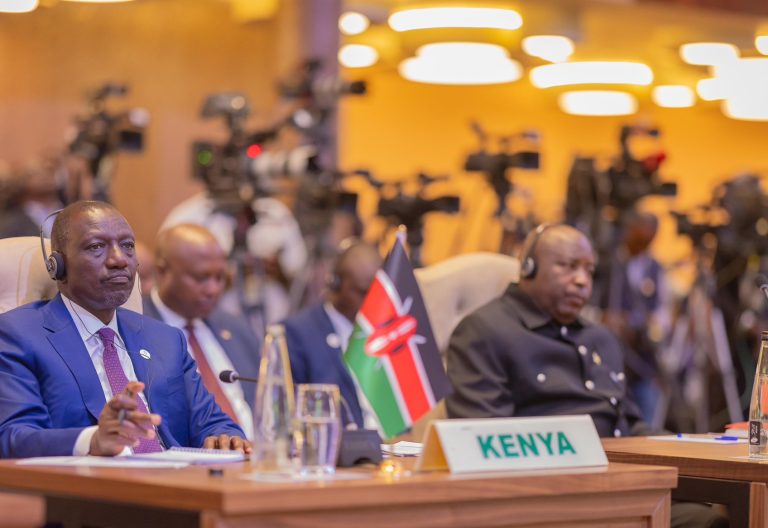Mombasa Covid-19 figures soar as stigma, mistrust threaten fight

Harrson Kivisu and Matthew Ndungu
Mistreatment at quarantine centres and mistrust from government entities on how they are handling the Covid-19 pandemic is to blame for the low turnout of Mombasa residents for covid-19 mass testing.
As Mombasa county continues to be on the spotlight due to increased cases of Covid-19, more stringent measures to contain the spread of the disease are likely to be effected, including a possible lockdown.
Mombasa Governor Hassan Joho recently decried the upward trajectory on Covid-19 infections within the county, saying the only way to stop the trend is through total lockdown.
However, his sentiments have not gone well with local residents who accuse Joho for coercing them to go for mandatory mass testing.
A case in point is Enock Kariuki Maina who on April 9 walked to the Coast General Referral (CGRH) hospital for voluntary testing and upon arrival and collection of samples by a nurse he was lured to a quarantine centre while he was negative.
Just like any other Kenyan, Kamau’s only hope was to know his Covd-19 health status after exhibiting coronavirus-like symptoms oblivious of the psychological torture that he was plunging himself into.
Psychological torture
“After I was examined by a nurse at the Coast general hospital, the nurse told to wait for hours.
Because it was about 4pm, I waited until 6.30pm and because it was almost time for the curfew, the nurse led me to a room at Mombasa Medical Training College (KMTC) to await my results little did I know that I was taken to a quarantine center,” said Maina.
After 14 days at the quarantine he was slapped with a Sh28,000 bill. Kamau, a Likoni resident had to escape after the KMTC management refused Sh5,000 he had raised.
“After 14 days, I was notified through a WhatsApp call that I was negative and I was supposed to leave.
I felt traumatized because I was kept in the dark without knowing my status only to be notified through a WhatsApp call. This is a psychological torture,” he added.
At KMTC, near the Coast General Hospital, residents believe the center is now used as business venture to mint cash off poor Kenyans in the guise of paying for services. Mombasa has several quarantine centers but Port Reitz.
Complaints from dozens of victims like Maina have emboldened Muhuri’s resolve to seek justice.
On April 23, Muhuri sued Health CS Mutahi Kagwe, Attorney General Paul Kihara, and Inspector General of Police, Hillary Mutyambai.
Meanwhile, mass testing at Kiandutu slums in Thika, Kiambu County will kick off next week.
Hunger-stricken families
Kiambu governor James Nyoro said he had initiated talks with the Health Cabinet Secretary Mutahi Kagwe to kick off the mass testing exercise at the highly populous slum by next week.
The highly congested slum in the outskirts of Thika Town along the busy Garissa Highway is home to over 20,000 residents most of whom live in shanty structures.
Speaking at the slum when he donated food items to at least 500 most hunger-stricken families, Nyoro expressed fears that should the virus strike at the overcrowded slum; his government could be overpowered and therefore rooted for the earliest protective measures.
“Don’t fear, we have enough hospital beds to manage over 200 patients across the county. Our fear however is, if the disease strikes in Kiandutu, things could be worse for us.
I am in talks with health CS to replicate the Kawangware mass testing to places such as this,” he said.
The announcement however came as a shocker to a section of the slum dwellers who expressed fear of being stigmatized should they be found positive.
Led by Michael Mungai, the residents further lamented that the testing is discomforting and painful signifying a possible low turn-out should the plan be implemented.
“That process is painful comes with a lot of uneasiness and it’s generally painful if what we have watched online is anything to go by.
The other challenge is, how people will perceive me when declared positive,” Mungai said.














